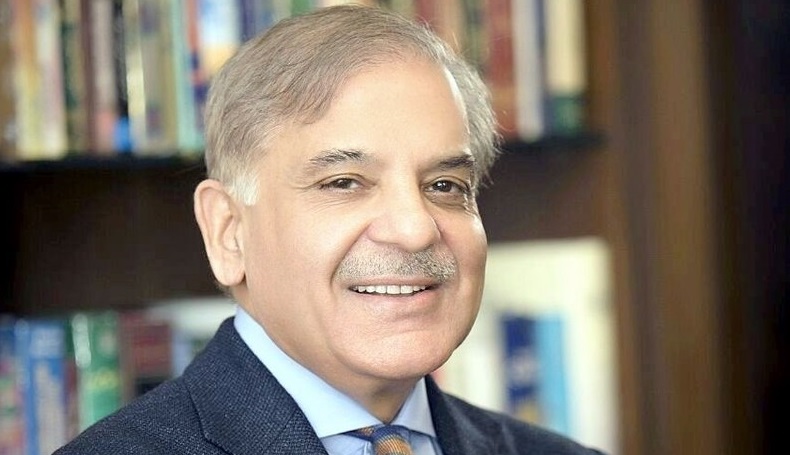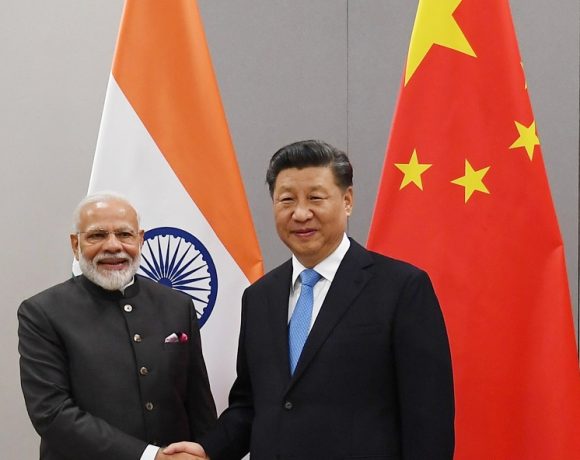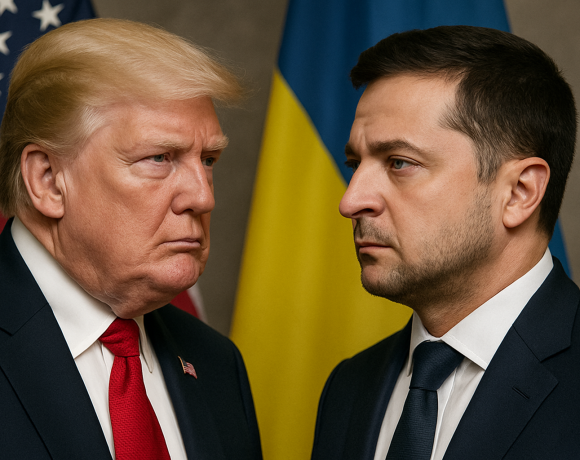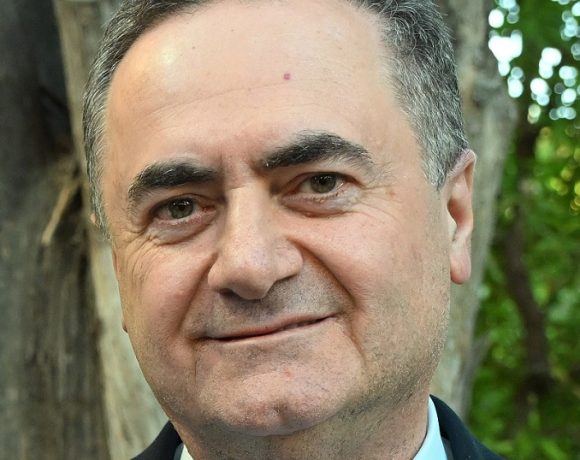
Shehbaz Sharif Admits Indian BrahMos Strikes Preempted Pakistan’s Response
In a significant and rare public admission, Pakistan’s Prime Minister Shehbaz Sharif confirmed that Indian BrahMos missile strikes launched on the night of May 9-10 preempted a planned Pakistani military response. Addressing a summit in Azerbaijan, Sharif stated that the Pakistani military was ready to act at 4:30 AM after the Fajr prayers but was forestalled when Indian missiles struck multiple targets, including an airport in Rawalpindi.
“Our armed forces were prepared to act at 4:30 in the morning after Fajr prayers to teach a lesson. But before that hour even arrived, India once again launched a missile attack using BrahMos, and hit various provinces of Pakistan, including the airport in Rawalpindi,” Sharif declared.
His statement is being seen as a rare acknowledgment of both Pakistan’s retaliatory intent and the success of India’s preemptive military planning.
Operation Sindoor: India’s Strategic Counterterror Offensive
The BrahMos strikes were part of Operation Sindoor, a coordinated and precision-driven Indian military response to the April 22 Pahalgam terror attack in Jammu & Kashmir that killed 26 civilians. India held Pakistan-based terror outfits responsible and initiated strikes targeting terror infrastructure across Pakistan and Pakistan-Occupied Kashmir.
Indian defense officials have claimed that the operation resulted in the elimination of approximately 100 terrorists belonging to groups like Lashkar-e-Taiba, Jaish-e-Mohammed, and Hizbul Mujahideen. The precision and timing of the BrahMos missile launches were specifically intended to neutralize any Pakistani attempt to escalate militarily.
The attack on Rawalpindi’s Nur Khan Air Base, believed to be a strategic node for Pakistan’s Strategic Plans Division (SPD), was viewed as a bold message aimed at Pakistan’s nuclear bluff and logistical preparedness.
Regional Implications and Strategic Messaging
Shehbaz Sharif’s statement has drawn international attention for confirming India’s first-use of offensive long-range missiles in active combat since 1999. The use of BrahMos, a supersonic cruise missile, demonstrated India’s willingness to use deep-strike capabilities as part of conventional deterrence strategy.
Strategic experts believe this revelation further isolates Pakistan diplomatically, as it acknowledges that India’s preemptive strikes were successful in derailing a planned Pakistani retaliation. This lends credibility to India’s narrative of precision counter-terror operations and undermines Pakistan’s claims of restraint.
The public acknowledgment also puts pressure on the Pakistani military establishment, revealing a communication gap or tactical indecision in the lead-up to a potential military escalation. It has further fueled debates in Pakistan on civil-military coordination and India’s growing technological edge in strategic warfare.


















